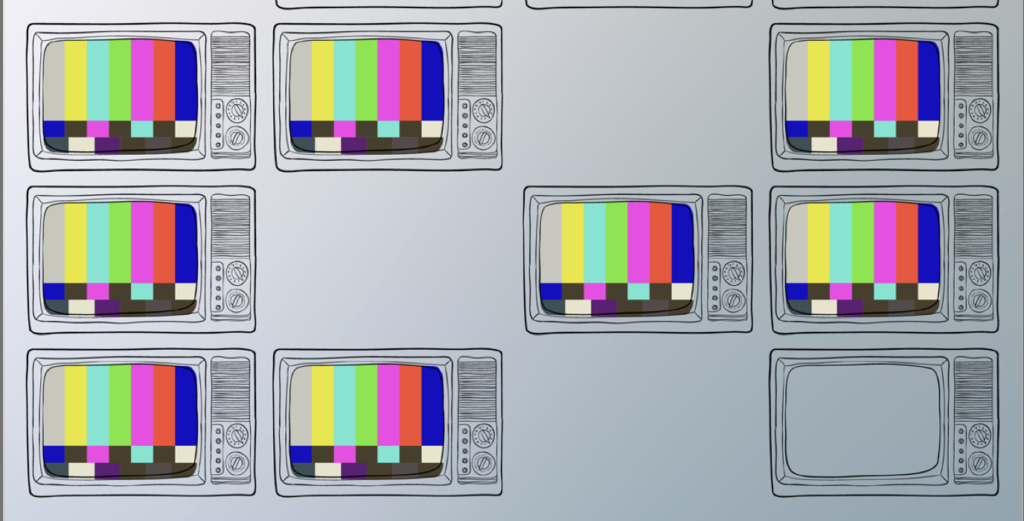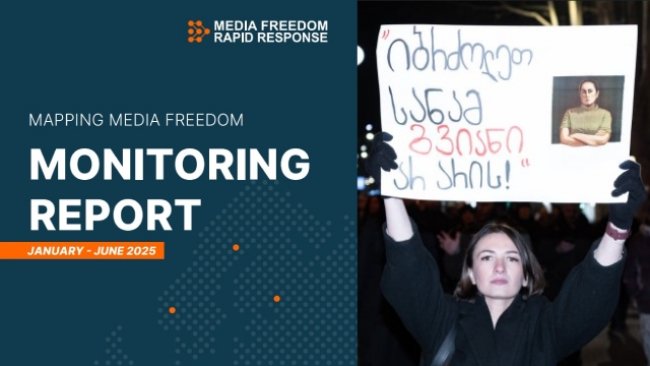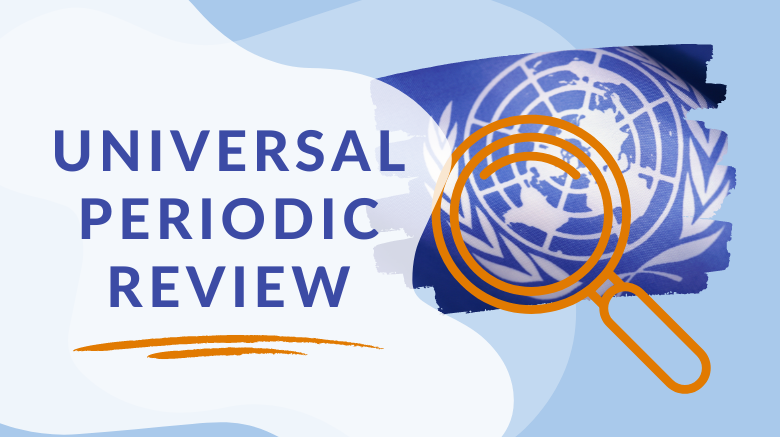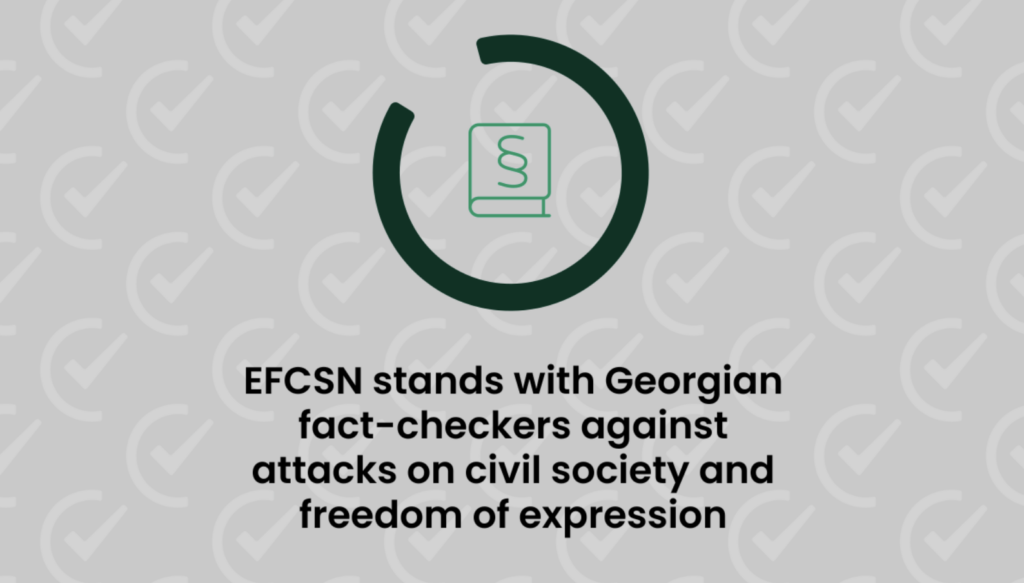Georgian Democracy Initiative, the member of the MAC publishes report on Media Freedom in Georgia 2021-2022.
Protecting freedom of expression and promoting appropriate legal standards is one of the GDI’s priorities. Within the framework of freedom of speech, the freedom of the media, the legal status of journalists, and guarantees related to their professional activities are of fundamental importance. In Georgia, several international organizations have noted a significant deterioration of the media freedom situation in recent years. The conclusions about the deteriorating media environment in Georgia are consistent with the findings of GDI’s monitoring of legal and political processes. Legislative changes/initiatives limiting media freedom, arbitrary expansion of GNCC powers and its illegal decisions, weakening of legal guarantees for freedom of expression by the judiciary, hateful treatment of journalists by the State political officials, the intensification of far-right groups, and open aggression against media representatives, to which the state does not respond with appropriate preventive and repressive measures, are problems that significantly undermine the quality of media freedom in Georgia.
This report presents the results, findings, and current challenges of the GDI project to improve the media environment in Georgia from 2019 to 2022 (January-May 2022). As part of the project, GDI examined legislative initiatives, activities of the Georgian National Communications Commission, and court decisions, provided legal assistance to media organizations and journalists, and systematically analyzed the regulatory framework affecting the media environment through the evaluation of legal documents.
The following trends were identified during the reporting period:
The National Communications Commission of Georgia (GNCC), to protect the juveniles against the harmful influence, limits the placement of programs of artistic, historical, and cognitive value, and on this basis imposes legal responsibility on broadcasters;
GNCC arbitrarily defines “political advertising” and assigns heavy responsibility, mostly to critically minded broadcasters, in the absence of a clear ban on political advertising in the inter-election/non-pre-election period;
GNCC has arbitrarily appropriated to itself the mandate to regulate obscenity, which is to control the content of broadcasters;
Decisions of the Georgian National Communications Commission, in several cases, do not meet reasonable standards of justification, and sometimes even contradict its established practice;
The statements of government officials about critical media continue to be characterized by aggressive, hatred-filled content.
We believe that such statements provoke negative attitudes toward the representatives of the same media in society, which shall be manifested in further violent actions;
The number of violent crimes against journalists, media managers, and media representatives motivated by discriminatory/professional activity has increased critically. And the response of the judiciary, in most cases, is ineffective or inadequate;
Cases of illegal surveillance/covert eavesdropping on journalists’ private communications have been revealed, which is a gross interference in the professional and personal lives of journalists and jeopardizes the free exercise of journalistic media freedom, and the possibility to work in effective operation;
In a dangerous new trend, by filing defamation lawsuits, the government is openly trying to use the courts to suppress critical opinions, and the courts are unpredictably satisfying such lawsuits and threatening freedom of media, speech, and expression.The ruling political party periodically announces and implements initiatives/legislative changes restricting the freedom of media in the country;
During the reporting period, cases of biased judiciary on the ground of political opinions against critical media have increased.
Read the full report.



